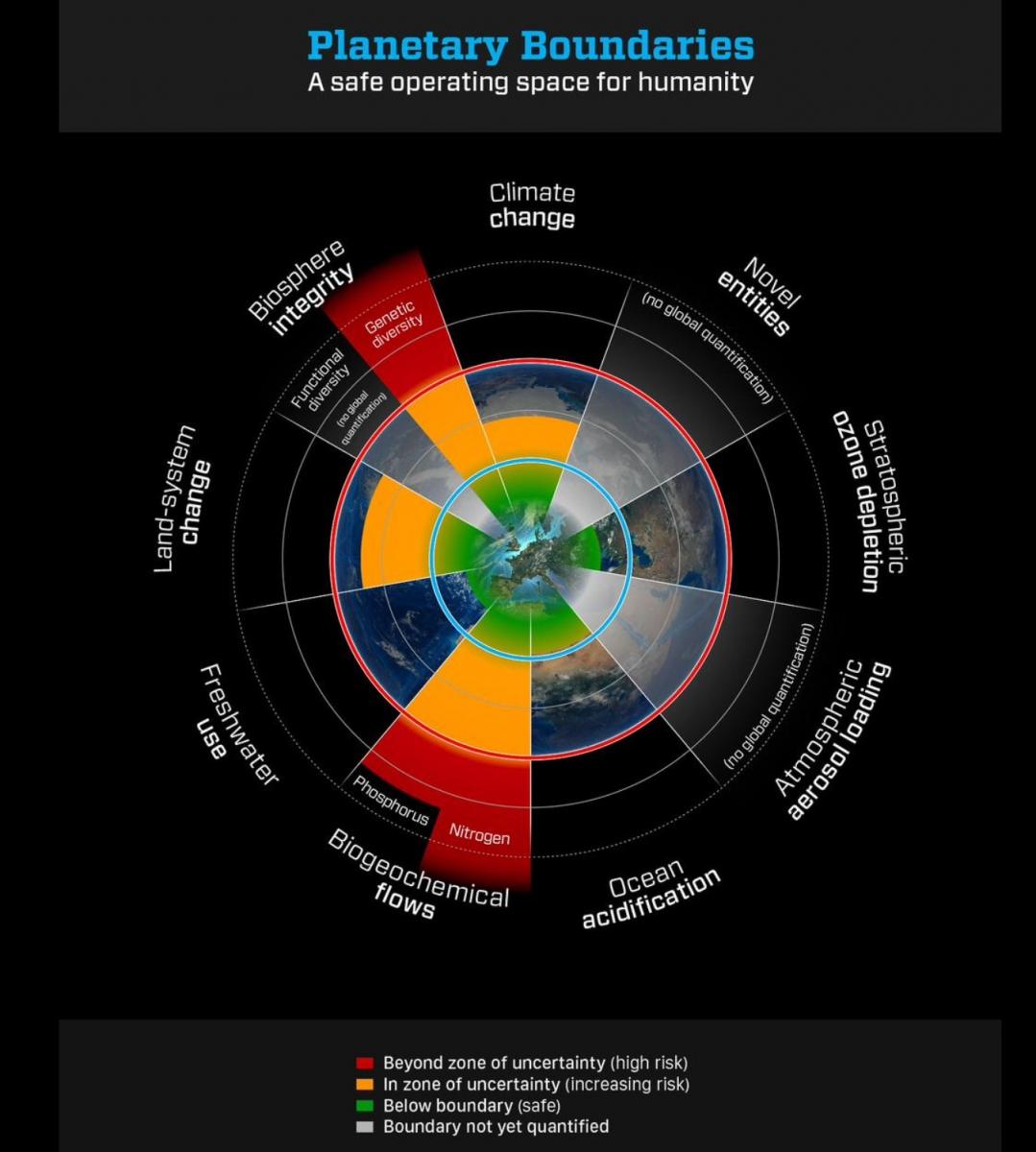You are here
Fri, 2015-01-23 22:32 — mdmcdonald
This working group is focused on discussions about the environment.
The mission of this working group is to focus on discussions about the environment.
Add Content to this group
Members
| Johnso.T | Kathy Gilbeaux | mdmcdonald | MDMcDonald_me_com |
Email address for group
environment_northern_manhattan@m.resiliencesystem.org









Recent Comments